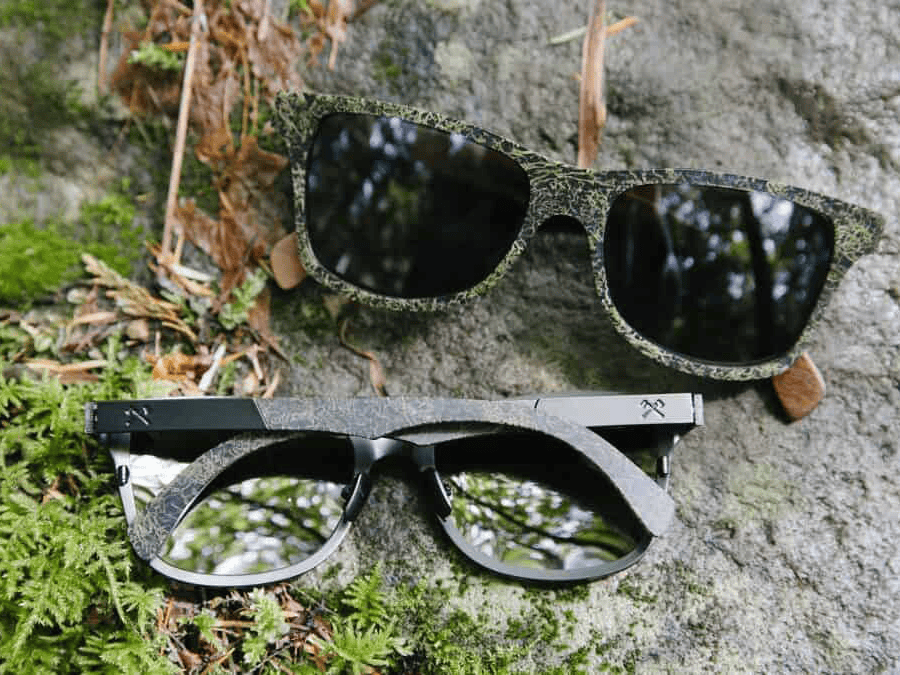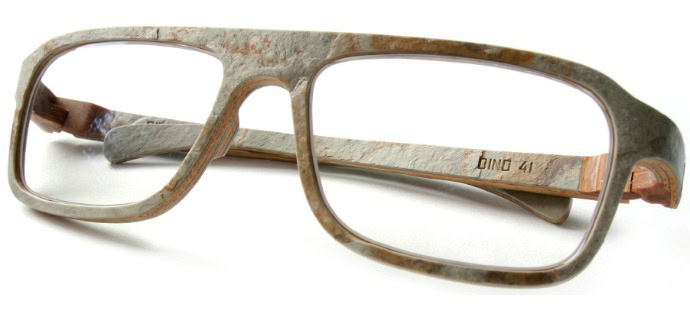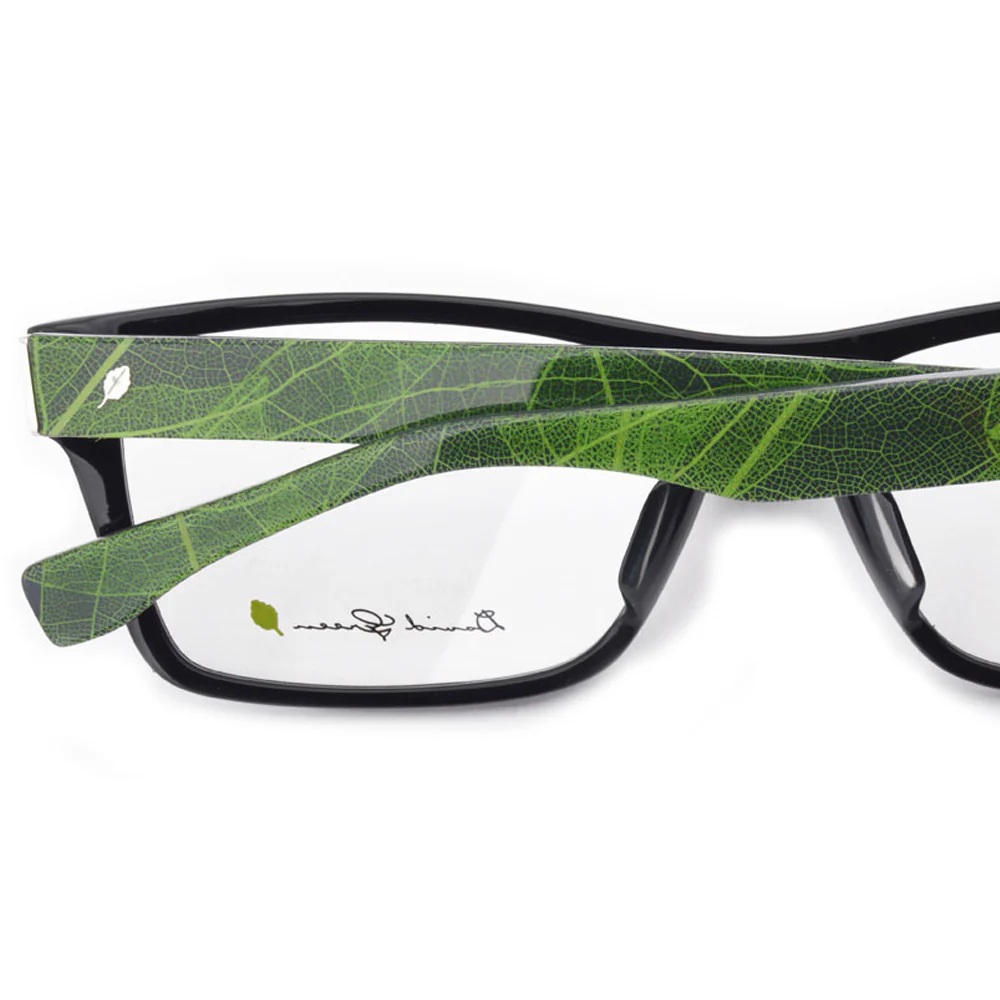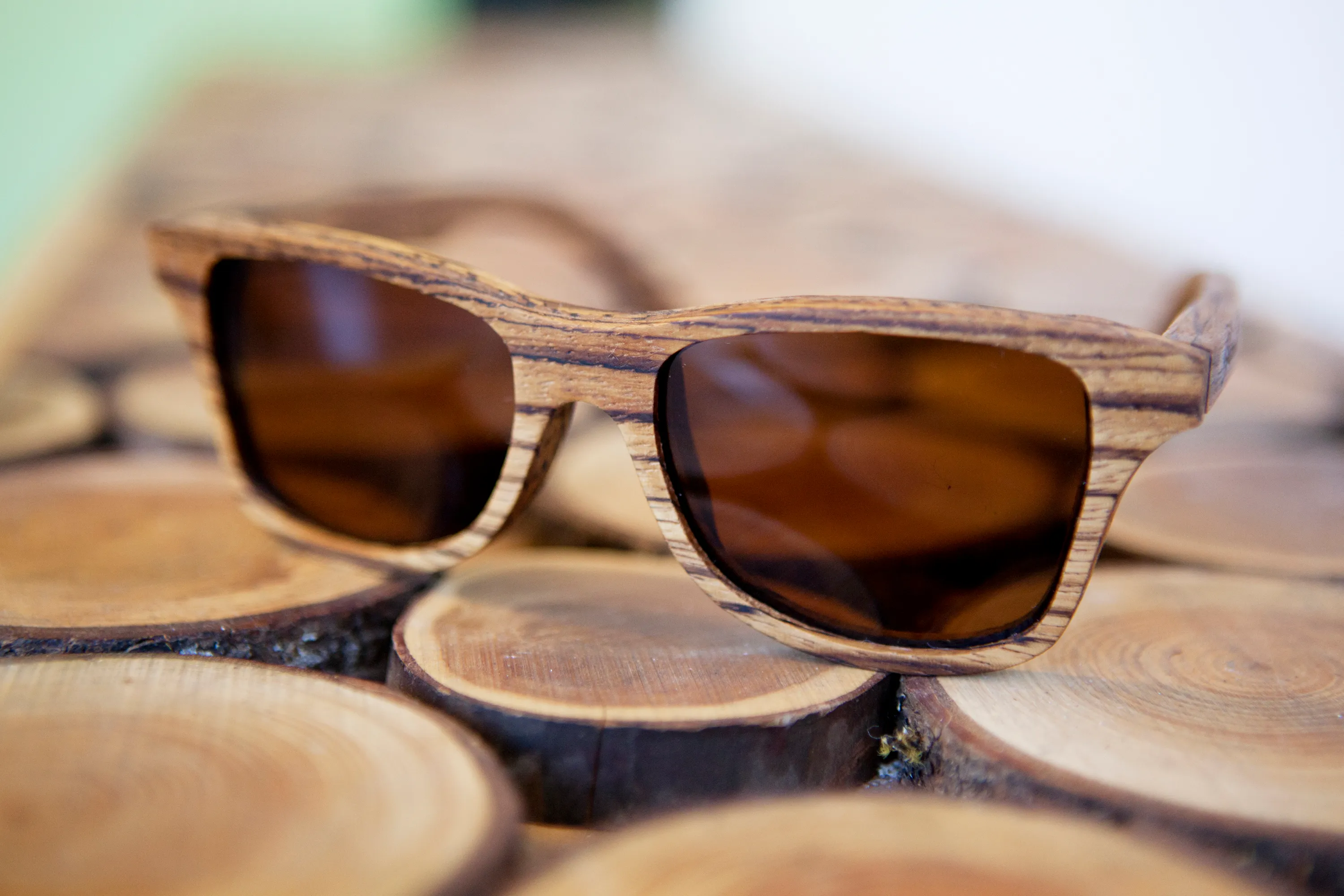In an era where environmental consciousness is increasingly shaping consumer choices, the eyewear industry is no exception. As the global push towards sustainability gains momentum, independent eyewear brands have emerged as frontrunners in creating eco-friendly alternatives that not only reduce environmental impact but also cater to the discerning tastes of those who seek unique, high-quality frames.
The Environmental Impact of Eyewear Production
The eyewear industry, dominated by large-scale manufacturers, has long been criticized for its contribution to environmental degradation. Mass production often involves the use of non-renewable resources, energy-intensive processes, and the generation of significant waste, including plastic and chemical pollutants. The result is a considerable carbon footprint that contributes to the broader environmental crisis.
Independent eyewear brands, however, are changing the narrative. With a focus on smaller-scale, artisanal production methods, these brands are more agile and innovative in adopting sustainable practices. By prioritizing eco-friendly materials, reducing waste, and implementing energy-efficient manufacturing processes, independent eyewear brands are significantly reducing their environmental impact compared to their mass-market counterparts.
Sustainable Materials: The Foundation of Eco-Friendly Eyewear
One of the most striking features of sustainable eyewear is the use of natural and renewable materials in frame production. Independent brands often lead the way in sourcing materials that are both environmentally friendly and aesthetically pleasing. These materials range from wood and bamboo to recycled metals and bio-acetate, all of which offer unique textures, patterns, and finishes that appeal to collectors and eco-conscious consumers alike.
Hoffmann Natural Eyewear exemplifies this approach with its commitment to using natural horn, wood, and precious metals in its frames. Each pair of Hoffmann glasses is a testament to the brand’s dedication to craftsmanship and sustainability, offering consumers a luxurious yet environmentally responsible option.
Similarly, Shwood Eyewear has made a name for itself by crafting frames from sustainably sourced wood, acetate, and even upcycled materials. The brand’s focus on natural materials not only minimizes environmental harm but also results in eyewear that stands out for its originality and connection to nature.
Innovation in Sustainable Eyewear Production
In addition to using sustainable materials, many independent eyewear brands are pioneering innovative manufacturing techniques that further reduce their environmental footprint. 3D printing technology, for example, has revolutionized the eyewear industry by enabling the production of lightweight, durable frames with minimal waste.
Monoqool, a leader in 3D-printed eyewear, has embraced this technology to create frames that are not only stylish and comfortable but also environmentally friendly. By printing frames layer by layer, Monoqool significantly reduces material waste, energy consumption, and the need for transportation, resulting in a more sustainable production process.
Rolf Spectacles, known for its distinctive wooden eyewear, has also pushed the boundaries of sustainable innovation. The brand’s dedication to using natural and renewable materials is complemented by its zero-waste production philosophy, ensuring that every piece of material is utilized to its fullest potential. Rolf’s commitment to sustainability is further reflected in its use of solar-powered manufacturing facilities, reducing the brand’s reliance on non-renewable energy sources.
Shelter is a prime example of a brand that integrates sustainability and eco-friendly materials in their eyewear production. Earning the brand a reputation as an environmentally conscious brand that values the planet and making a difference.
Blackfin takes a holistic approach to sustainability, with initiatives that include reducing energy consumption, recycling materials, and supporting local communities. The brand’s Black Shelter project, a series of eco-friendly production facilities, embodies its dedication to environmental stewardship and ethical manufacturing.
Collecting Sustainable Eyewear: A Connoisseur’s Choice
For eyewear collectors, the appeal of sustainable frames goes beyond their eco-friendly credentials. The use of natural materials, artisanal craftsmanship, and innovative design make these frames highly collectible, offering a blend of aesthetic appeal and environmental responsibility.
David Green Eyewear, for example, offers a curated selection of eco-friendly frames that cater to collectors seeking unique, stylish, and sustainable eyewear. The brand’s emphasis on quality and design ensures that each pair of glasses is not only a fashion statement but also a reflection of the wearer’s commitment to sustainability.
By choosing sustainable eyewear, collectors and environmentally conscious consumers can make a positive impact on the planet while adding distinctive pieces to their collections. Whether crafted from wood, recycled metals, or innovative bio-materials, these frames embody the perfect blend of style, sustainability, and craftsmanship.
A Greener Future with Independent Eyewear
As the world becomes increasingly aware of the environmental challenges we face, the demand for sustainable products is on the rise. Independent eyewear brands are leading the charge in creating eco-friendly alternatives that reduce environmental impact while offering unique, high-quality frames. By embracing sustainable materials, innovative production techniques, and ethical practices, these brands are paving the way for a greener future in the eyewear industry
Discover independent eyewear with Project Spex. Every Friday, we deliver the latest in collectible eyewear and your favorite independent designers.
Sign up now and never miss a thing!
About The Author:

Will Benjamin is an advocate for independent eyewear and one of the driving forces behind Project Spex. With a passion for unique, collectible, and limited-edition eyewear, Will aims to inspire people to build their own collections through Project Spex, while supporting the success of independent opticals.





